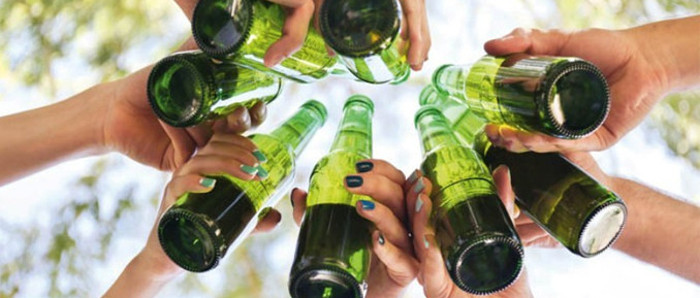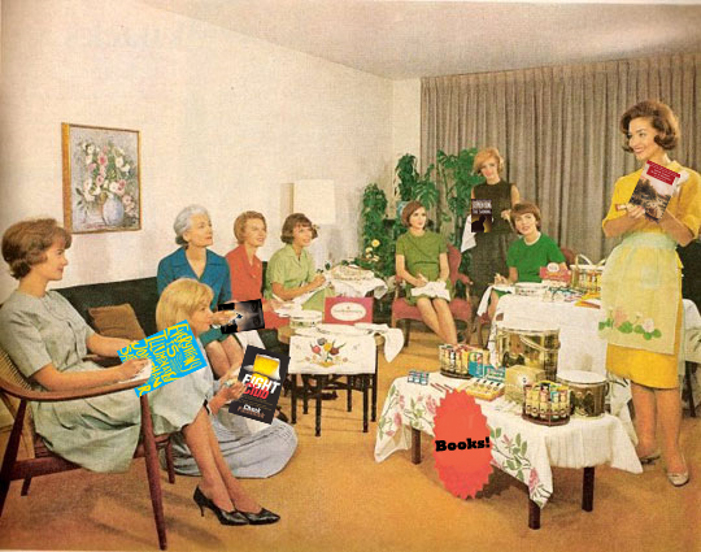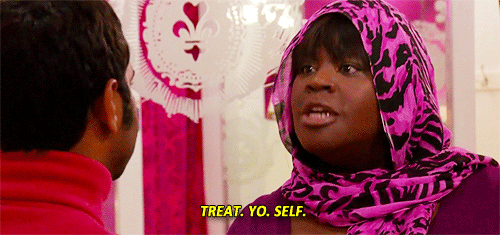Move those buns, huns
Physical exercise is extremely helpful when it comes to alleviating the symptoms of depression (and its nebbish cousin, anxiety). Anything here counts, not just blasting your quads at the gym or sweating your face off in an intense Bikram yoga studio.
If you have a dog, take that little cutie for a walk. You can start gently by strolling down to the local shop for some bread and build up to a nice long walk on the beach or park with your pup (I suppose a human companion would also work in this scenario).

Try to do it every day until it becomes a routine (routines are one of the most useful weapons in the battle against depression). Queue up your favourite walking tunes or true crime podcasts, leash up your dog/walking companion and just put one foot in front of the other.
You’ve got a friend..
Oftentimes, one of the hardest things to do when you’re feeling depressed is to admit it. Apart from the societal stigma that can accompany an admission of unhappiness (which is baffling, given the fact that almost everyone on the face of the planet experiences depression at some point in their lives) it can feel like an admission of failure.

But talking about your feelings is one of the simplest ways to alleviate your problems. ‘A problem shared is a problem halved,’ as the old canard goes. Yes, it can be a little awkward at first – you might feel weird blurting out your deepest thoughts in Starbucks. The HSE’s #LittleThings campaign advises choosing a good time in advance:
“Find the right moment for the conversation – you want to have time to talk and not be interrupted. You might find it easier to start the conversation when you are doing something else – such as out for a walk or doing the dishes together.”
If you are fortunate enough to have people in your life who care about you, give them an opportunity to help and support you.
Binge Be Gone
Statistically LGBTs+ are more likely to have alcohol and substance-abuse problems than our heterosexual counterparts. This has to do with something psychologists call ‘minority stress’, the term for the chronically high levels of stress faced by members of stigmatised minority groups.

Depression can lead to self-medication through alcohol, and that can lead to a vicious cycle of drinking because of depression, but ultimately becoming more depressed due to alcohol being a depressant.
So, it is for that reason, if you are experiencing depression or anxiety, you should probably avoid alcohol. Or at least, avoid binge drinking. Same goes for (non-medicinal) drugs – they only make you feel worse in the long-term.
Leaving the room
Sadness – or depression or whatever you want to call it – can sometimes make you feel like you’re trapped in locked room filled with nothing but repetitive, negative thoughts for company. But then sometimes, someone knocks on the door and in the frantic scramble to answer you become briefly distracted.
Doing things with other people can be useful in helping to dispel negative thoughts or feelings. Being around other people and being forced out of one’s head space is great for mental health.

So, be around people. Ever read an awesome book and thought ‘I need to discuss that ending with someone, now!’? Why not think about joining a book group? Or a choir? Or a sports group if you’re into sport?
Another way to feel good is by supporting and helping others. Depression often robs people of their ability to feel for themselves, but not for others.
It can be anything big or small, from volunteering with a local charity to visiting an elderly neighbour who lives alone. Being in contact with other human beings while also contributing something positive into your community can be a powerful source of endorphins.
Treat Yo Self
Another obvious-sounding one, but one that cannot be understated: look after yourself. Treat Yo self well – treat your body the way it wants to be treated. A diet filled with processed food and additives is not one conducive to positive well-being. Junk in, junk out, as they say.
Sometimes making small changes to one’s diet can have a massive impact on wellbeing (but to clarify, conditions like depression cannot be alleviated simply with dietary changes. If only!).

If you have the facilities, cooking a meal from scratch can be a good way to foster a sense of wellbeing. There is a wholesome sort of sense of achievement that accompanies the act of making a curry or a Victoria sponge.
It doesn’t have to be all about wholesomeness, though: money can’t buy happiness but a hot chocolate on a cold morning or a big messy burrito or a pair of nice new Yeezys can give you an approximate, albeit fleeting, facsimile.
Sometimes with depression or other ‘wellness’ problems its easy to get into a rut of being hard on yourself. But no matter what, you’re worth it – whether ‘it’ is a treat from the barrista, or the support of a loved one.

Look after yourself, GCN readers. We love you.
If you, or someone you know, are in crisis, supports are available from Yourmentalhealth. Samaritans are also available 24 hours a day, 7 days a week for anyone struggling to cope. For confidential, non-judgemental support anytime; call 116 123 (free of charge from Ireland), Email [email protected], Text 087 260 9090, samaritans.ie
© 2017 GCN (Gay Community News). All rights reserved.
